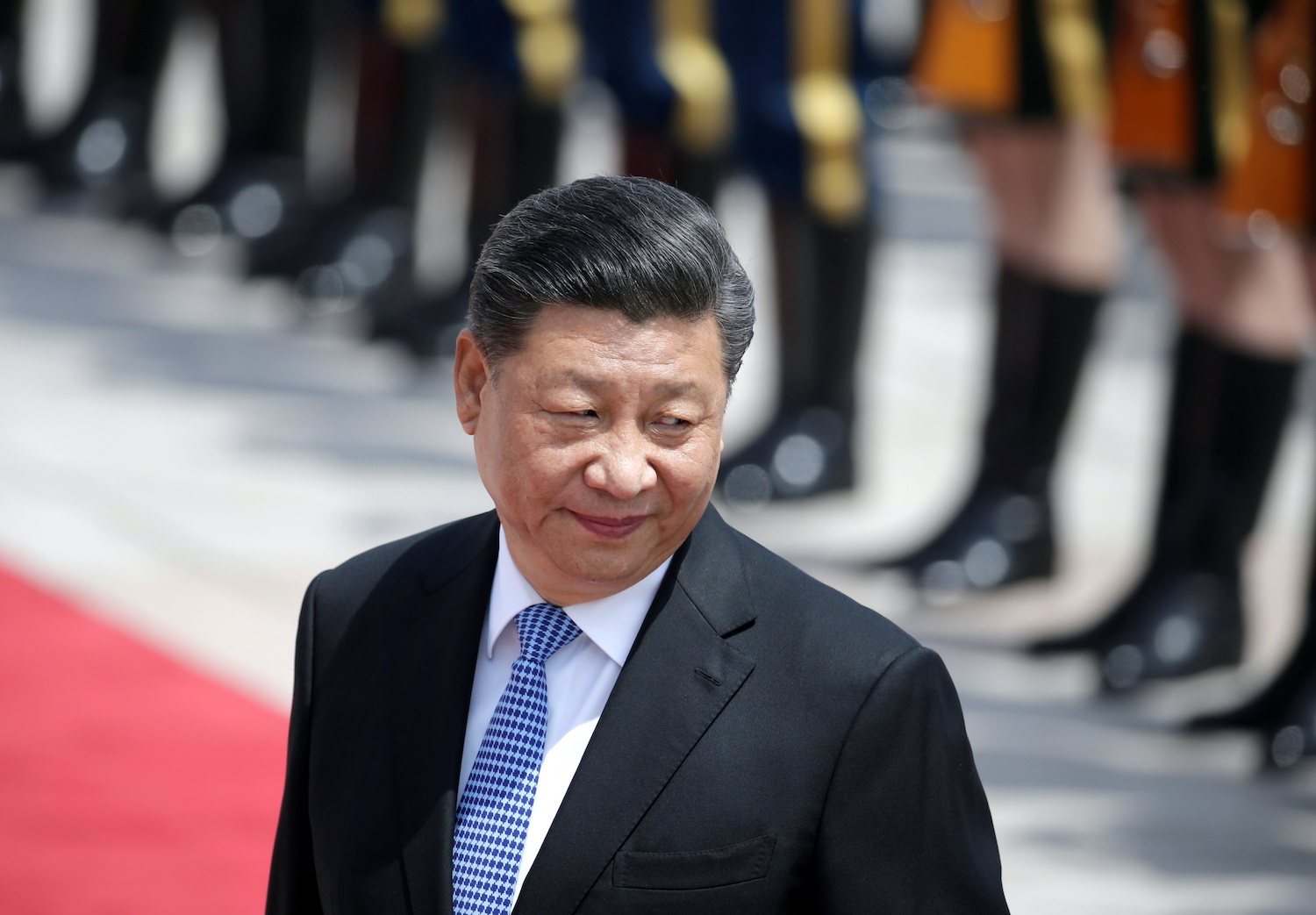Xi Targets Inequality as He Slams ‘Excessive Incomes’
The meeting underlined efforts to properly deal with the relationship between efficiency and fairness, make basic institutional arrangements on income distribution, expand the size of the middle-income group, increase the earnings for the low-income groups, adjust excessive incomes and prohibit illicit income to promote social fairness and justice.
(AF) Chinese President Xi Jinping has sought to burnish China’s socialist principles with a call for limits to “excessive incomes” and “fairer” wealth distribution as he strives to address inequality.
In a speech seen by some observers as extending recent crackdowns on tech firms into wider society, Xi said the nation should look towards promoting “common prosperity”. Reforms of income redistribution and expansion of the middle class should take place alongside the lifting of earnings for lower-income people, state news agency Xinhua said. Policies should also “adjust excessive incomes”.
“Common prosperity is an essential requirement of socialism and a key feature of Chinese-style modernisation,” the president and Communist Party leader was cited by Xinhua as telling a meeting of top economic planners and political leaders.
‘Rebalance’ Economy
The declaration follows months of intense pressure on private companies to reform their activities as the government seeks to “rebalance” the economy from one focused on exports to a domestic consumption-led model. The push has ostensibly been carried out to remove risks from the economy, which came to a virtual standstill early last year as the pandemic took hold, and to remove potentially destabilising social and wealth inequalities.
The policy has been most apparent in clamps on popular consumer technology companies such as ride-hailer Didi Chuxing and Ant Group, which have been punished for perceived infractions including data abuse and anti-competitive practices.
Among the highest profile targets of the new policy was billionaire Alibaba founder Jack Ma, who dropped from public view after he criticised China’s banking regulators.
Morgan Stanley chief Asia economist Chetan Ahya recently said the swiftness and intensity of the new wave of restrictions represented a challenge to corporates which are likely to see profitability suffer.
Reforms should be gradual, the meeting of the Central Committee for Financial and Economic Affairs – China’s highest economic policy body – was told, and that they should take place within the rules of open and fair markets, Xinhua said.
It added that leaders were told that “China should improve the socialist market economy, strengthen balanced development among regions and promote coordinated development across industries”.
























